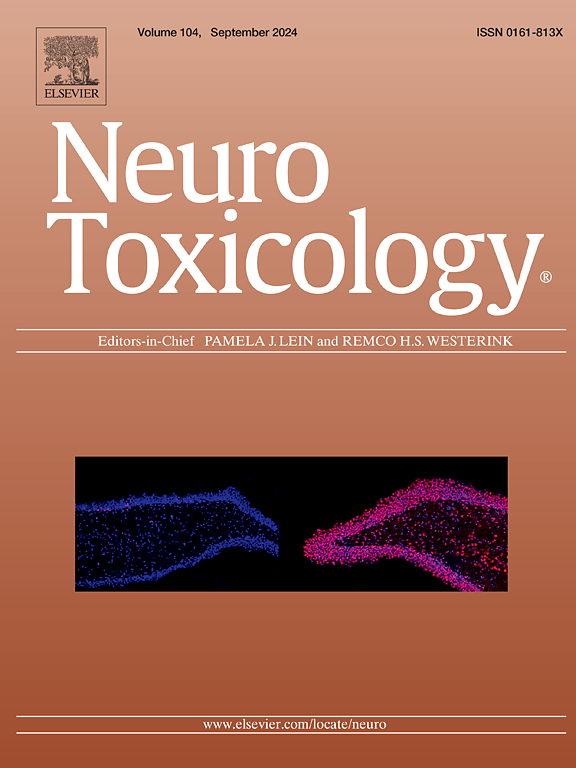Modification effect of healthy lifestyle among solid fuels and mild cognitive impairment in middle-aged and older adults: A prospective cohort study
IF 3.9
3区 医学
Q2 NEUROSCIENCES
引用次数: 0
Abstract
To explore the association between solid fuels and mild cognitive impairment (MCI) and the role of the healthy lifestyle score (HLS) in the association between solid fuels and MCI. Data were obtained from CHARLS from 2011 to 2020. A logistic regression model which assessed the impact of solid fuel use on MCI was applied. A full HLS was constructed to evaluate the interaction and joint effects of HLS with solid fuels. 11054 people were enclosed in this study and the proportion of the population using solid fuels is as high as 74.05 % for heating fuels and 56.53 % for cooking fuels. Results showed that solid fuel use was positively associated with the risk of MCI during cooking and heating, with 95 % confidence intervals (95 % CI) of 1.11 (1.00, 1.23) for cooking and 1.14 (1.00, 1.31) for heating. Further, a healthy BMI was beneficial in reducing the harmful effects of solid fuels. Solid fuel use was significantly associated with MCI among middle-aged and older Chinese adults. Our results also suggested that higher HLS is beneficial in reducing the risk of MCI from solid fuels. In this study, we are prompted to use cleaner fuels and ventilation equipment along with the need to develop effective HLS measures for interventions.
健康生活方式对固体燃料和中老年人轻度认知障碍的影响:一项前瞻性队列研究
探讨固体燃料与轻度认知障碍(MCI)的关系,以及健康生活方式评分(HLS)在固体燃料与轻度认知障碍之间的关系中的作用。数据来自CHARLS 2011 - 2020年。应用逻辑回归模型评估固体燃料使用对MCI的影响。构建了一个完整的HLS,以评价HLS与固体燃料的相互作用和联合效应。11054人被纳入本研究,使用固体燃料的人口比例高达74.05 %用于取暖燃料,56.53 %用于烹饪燃料。结果表明,固体燃料的使用与烹饪和加热过程中MCI的风险呈正相关,95% %置信区间(95 % CI)为烹饪1.11(1.00,1.23),加热1.14(1.00,1.31)。此外,健康的身体质量指数有助于减少固体燃料的有害影响。在中国中老年人群中,固体燃料的使用与轻度认知损伤显著相关。我们的研究结果还表明,较高的HLS有利于降低固体燃料引起MCI的风险。在这项研究中,我们被提示使用更清洁的燃料和通风设备,同时需要制定有效的HLS干预措施。
本文章由计算机程序翻译,如有差异,请以英文原文为准。
求助全文
约1分钟内获得全文
求助全文
来源期刊

Neurotoxicology
医学-毒理学
CiteScore
6.80
自引率
5.90%
发文量
161
审稿时长
70 days
期刊介绍:
NeuroToxicology specializes in publishing the best peer-reviewed original research papers dealing with the effects of toxic substances on the nervous system of humans and experimental animals of all ages. The Journal emphasizes papers dealing with the neurotoxic effects of environmentally significant chemical hazards, manufactured drugs and naturally occurring compounds.
 求助内容:
求助内容: 应助结果提醒方式:
应助结果提醒方式:


